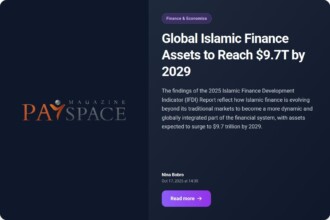The regulator proposes to increase the registration fee for cryptocurrency exchanges in Nigeria fivefold – from 30 million naira ($18,620) to 150 million naira ($93,000).

The Securities and Exchange Commission (SEC) of Nigeria has published a proposal to revise the Rules on Issuance, Offering Platforms and Custody of Digital Assets – local regulations for cryptocurrency service providers.
The fresh amendments are raising the bar for entering the regulated crypto asset field. In particular, the registration fee for cryptocurrency exchanges is raised from 30 million naira ($18,620) to 150 million naira ($93,000). Besides, a filing/application fee surges to ₦300,000 ($186) instead of ₦100,000 ($62), while the processing fee spiked from 300,000 naira ($186) to 1 million naira ($620).
The following rules concern digital asset exchanges, (DAX) digital asset offering platforms (DAOP), and digital asset custodians (DAC). The previous rules and guidelines for crypto and digital asset service providers were issued in May 2022 and have remained unchanged ever since.
According to the SEC, the given changes are supposed to provide clarity to the crypto segment and reflect suggestions received from industry stakeholders. At the same time, some of the changes are also based on proposals of the Central Bank of Nigeria (CBN).
The proposal has already received fair criticism stating that the excessive fees would only benefit large foreign companies which would gain the monopoly over the market and disadvantage smaller local players.
At present, there are already not too many local crypto service providers in Nigeria. You can check the list of the most popular Nigerian crypto exchanges in our recent material Where to Buy Crypto in Nigeria 2024.
Meanwhile, Nigerians are actively seeking viable and trusted investment platforms to protect and grow their money amidst a challenging macroeconomic environment. One of the possible ways to hedge oneself against fiat inflation is to invest in cryptocurrencies, especially considering the fact that Nigeria has the most crypto-keen population globally. However, if most available crypto investment platforms were international, Nigerian eager to buy crypto would face additional forex fees, lowering their income level and discouraging from investments.









